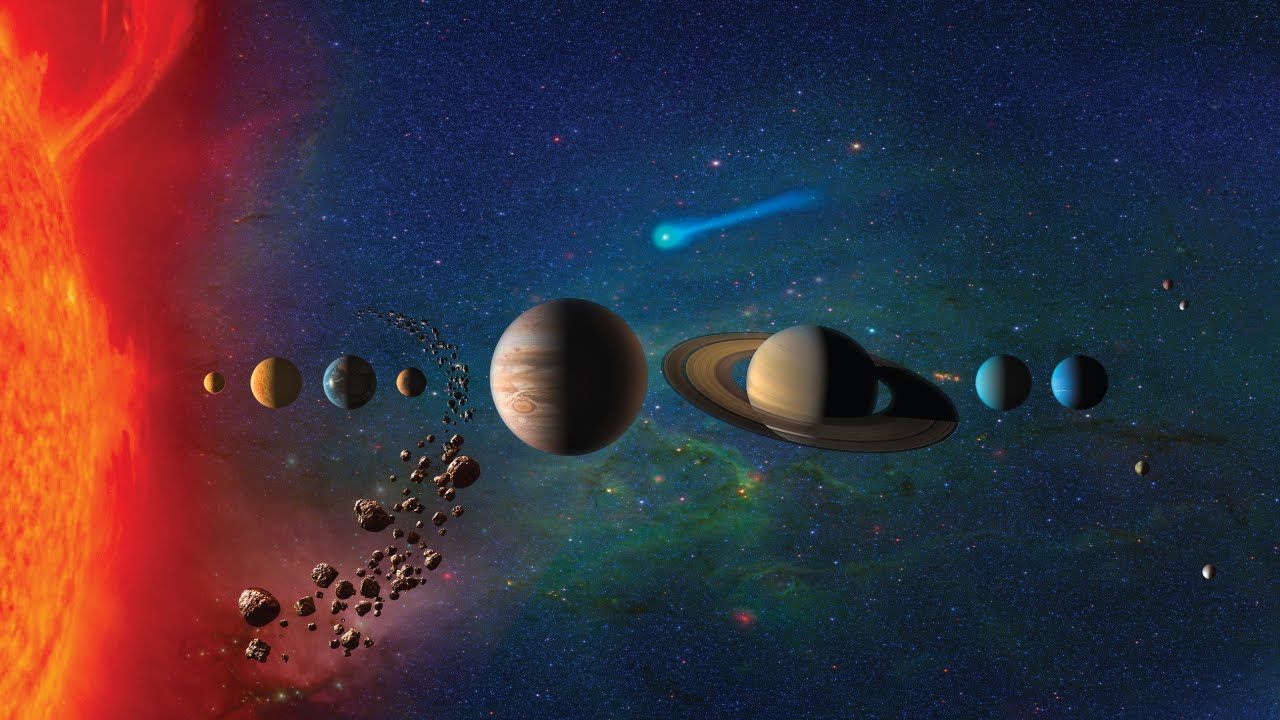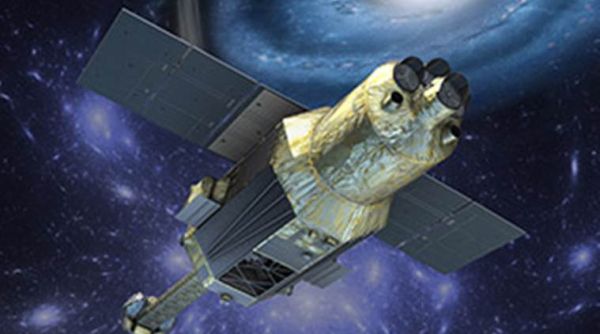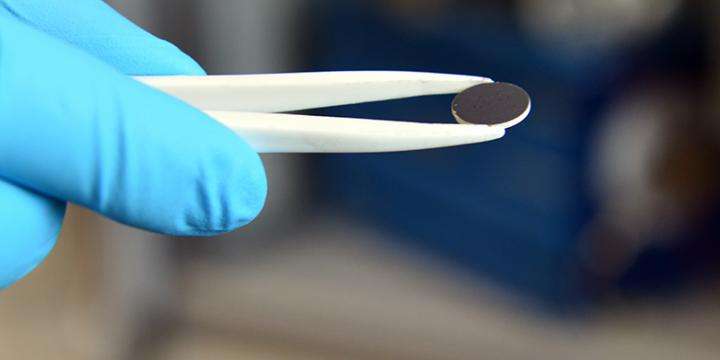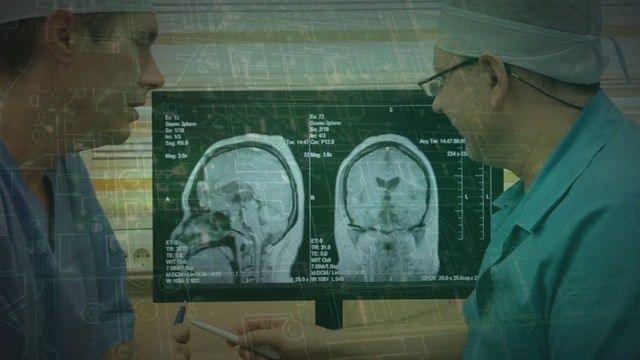Page 10979
Aug 16, 2016
Aerojet Rocketdyne to Mature 3D Printed MPS-130 CubeSat Propulsion System for NASA
Posted by Klaus Baldauf in categories: 3D printing, biotech/medical, education, space travel
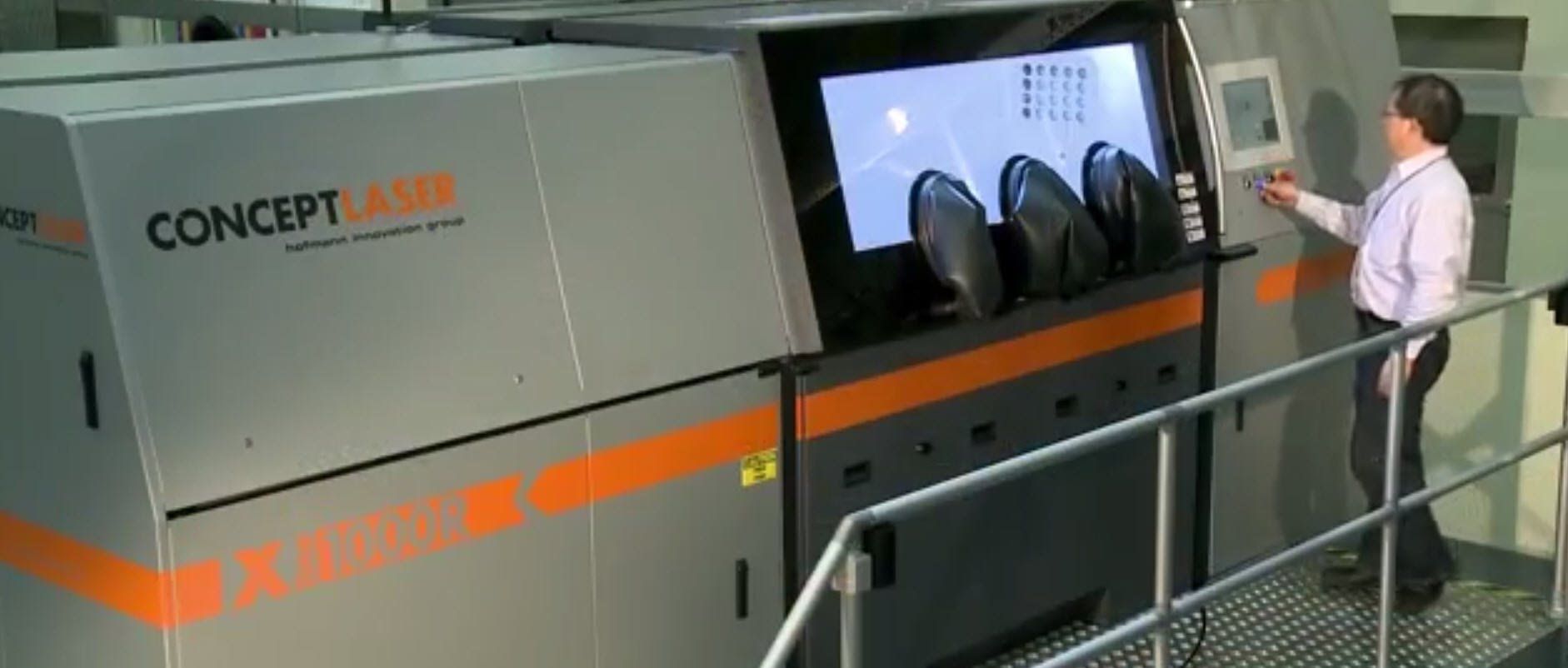
Next to the medical field, as we follow the significant impacts 3D printing is making on the world, that of aerospace is right at the top of the list. While some are still confused about the actual importance of 3D printing as it hasn’t really affected them personally yet, it’s important to think on a much bigger scale. And there’s not much of a bigger scale than space.
For those who are cynical about the technology, pointing back to the continual supply of keychains and figurines (we all have to start somewhere, thank you!) being pumped out in plastic at the desktop, when you take a look at how long NASA has been involved with additive manufacturing—and how many parts they are using now—well, that’s impressive. Not only that, because of numerous 3D printed parts, larger components are being made that would not have been possible previously, and certainly not with such a level of customization, speed, and affordability.
Aug 16, 2016
A possible cause of the Big Bang and current acceleration of the Universe
Posted by Andreas Matt in categories: cosmology, information science, physics
We consider a solution of the Einstein equations for a system comprised of merging black holes and show that the solution contains a term which represents a repulsive force. This repulsive term is proportional to 1/r, where r is the distance from the system, and it is additional to the common Newtonian term which is proportional to 1/r2. This repulsive force acts as an effective dark energy if the total mass of the Universe is decreased.
As seen below, a shape of the gravitational potential is often illustrated by a funnel made of rubber film where a heavy ball (blue) is located in the center. In this model, a fast decrease of the gravitational mass corresponds with a sharp ascent of the ball. The film attached to the ball forms a cone-type hill in the center of the funnel. Light balls (green) on the central cone run away from the center. The central cone expands fast but keeps it exterior slope; this corresponds to long-term repulsive force.
A mechanism of the repulsive force may be applied to a model of the expanding Universe. This may imply that the Big Bang and accelerated expansion of the Universe is not related to current processes in the Universe but to a relic repulsive gravitational force or to a configuration of space-time that originates in the previous cycle of the Universe when at the last stage of a collapse the intensive generation of gravitational waves resulted in sharp decrease of the gravitational mass of the Universe. This process generated a powerful repulsive force that transformed the Big Crunch into the Big Bang. Because the repulsive acceleration decreases with time, the current Universe expands with lower acceleration. Decreasing acceleration of the Universe can be verified by observations. Gravitational waves caused by the compression of the Universe may not disappear at the stage of expansion and form the relic gravitational radiation.
Aug 16, 2016
Watch synthetic bones being 3D-printed in this amazing demo
Posted by Klaus Baldauf in categories: 3D printing, bioprinting
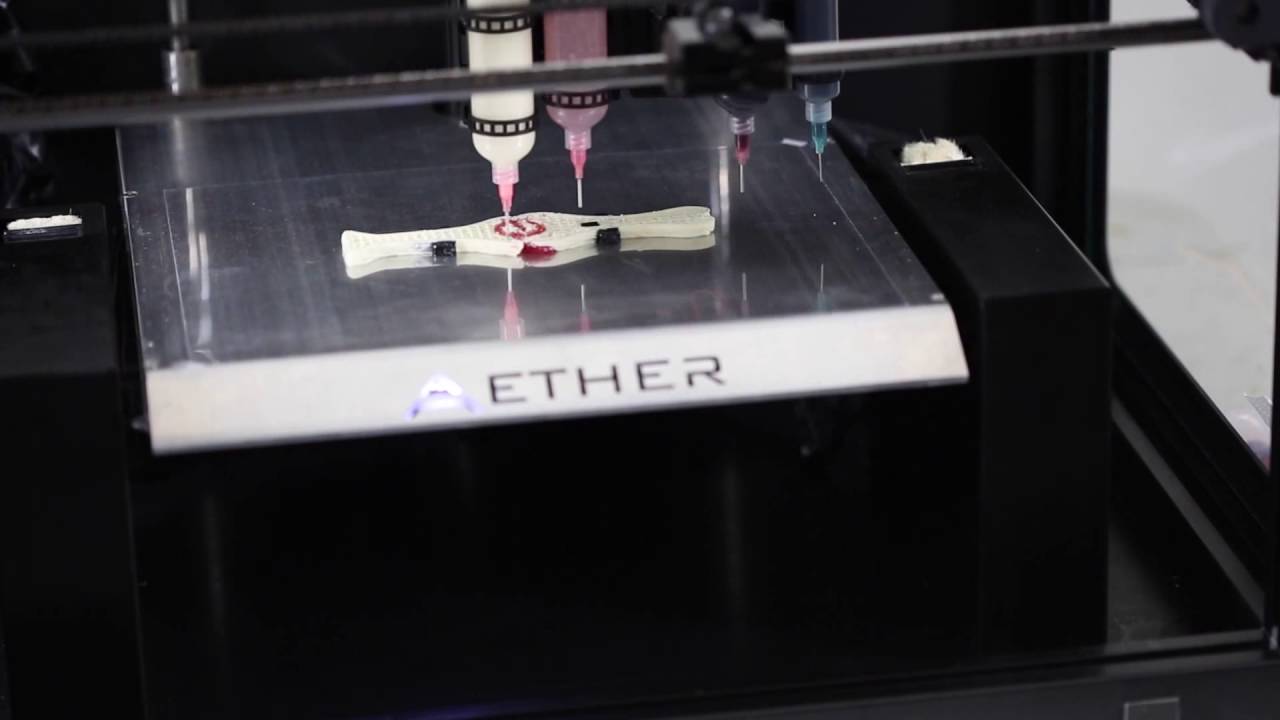
Aether 1 is a sub-$9,000 3D bioprinter set to make its debut later this year. It promises to outperform some bioprinters that cost over $250,000.
Aug 16, 2016
China Launches New Space Race with World’s First Quantum Satellite –“Portal to a Whole New Universe”
Posted by Klaus Baldauf in categories: cosmology, particle physics, quantum physics, space travel
At 1.40am this morning, China launched a new Space Race with the world’s first quantum satellite, recently named Micius after an ancient Chinese philosopher and engineer, who, more than 2,400 years ago, proposed that light always travelled in a straight line and that the physical world was made up by particles. Quantum teleportation technology would be able to eliminate the 20-minute time delay in communication between earth and Mars and would allow tiny spacecraft to send back images and videos of planets many light years away without the need to carry a huge antenna. It could even give us a glimpse of what’s inside a black hole.
Aug 16, 2016
Solid batteries improve safety — By Fabio Bergamin | Phys.org
Posted by Odette Bohr Dienel in categories: energy, environmental, science
“Researchers at ETH Zurich have developed a lithium-ion battery made entirely of solid material: it contains neither liquids nor gels. The battery cannot ignite, even at very high temperatures, giving it a safety advantage over conventional batteries. In addition, they allow new forms of battery design.”
Tags: Batteries, Lithium-ion
Aug 15, 2016
Electro convulsive therapy aims to help those suffering with mental illness
Posted by Karen Hurst in categories: biotech/medical, neuroscience
Doctors have come a long way from the old-fashioned electric shock therapy. Today’s electro-neural reset devices can help with PTSD, depression, and multiple movement disorders.
Aug 15, 2016
IARPA looks to reinvent the virtual desktop
Posted by Karen Hurst in categories: security, virtual reality
The Intelligence Community’s research agency is exploring the use of role-based virtual environments to enhance security.
Aug 15, 2016
A synthetic environment for autonomous systems
Posted by Karen Hurst in category: robotics/AI
Case study from the Swarm Systems Ltd who will pitch their ideas to industry and investors at the CDE Marketplace on 6 September 2016.
Aug 15, 2016
Improved Safety Standards and Changing Regulatory Scenario to Boost the Global Aircraft Synthetic Vision System Market Through 2020: Technavio
Posted by Karen Hurst in categories: business, computing, military
LONDON—(BUSINESS WIRE)—Technavio’s latest report on the global aircraft synthetic vision system (SVS) market provides an analysis on the most important trends expected to impact the market outlook from 2016–2020. Technavio defines an emerging trend as a factor that has the potential to significantly impact the market and contribute to its growth or decline.
Improved safety standards and changing regulatory scenario to boost the aircraft SVS market until 2020. Tweet this
An SVS is a computer-mediated reality system for aerial vehicles, which uses 3D technology to provide pilots with a clear understanding of their flying environment. It was developed by NASA and the US Air Force in the late 1970s and 1980s, in support of air safety and advanced cockpit research.
